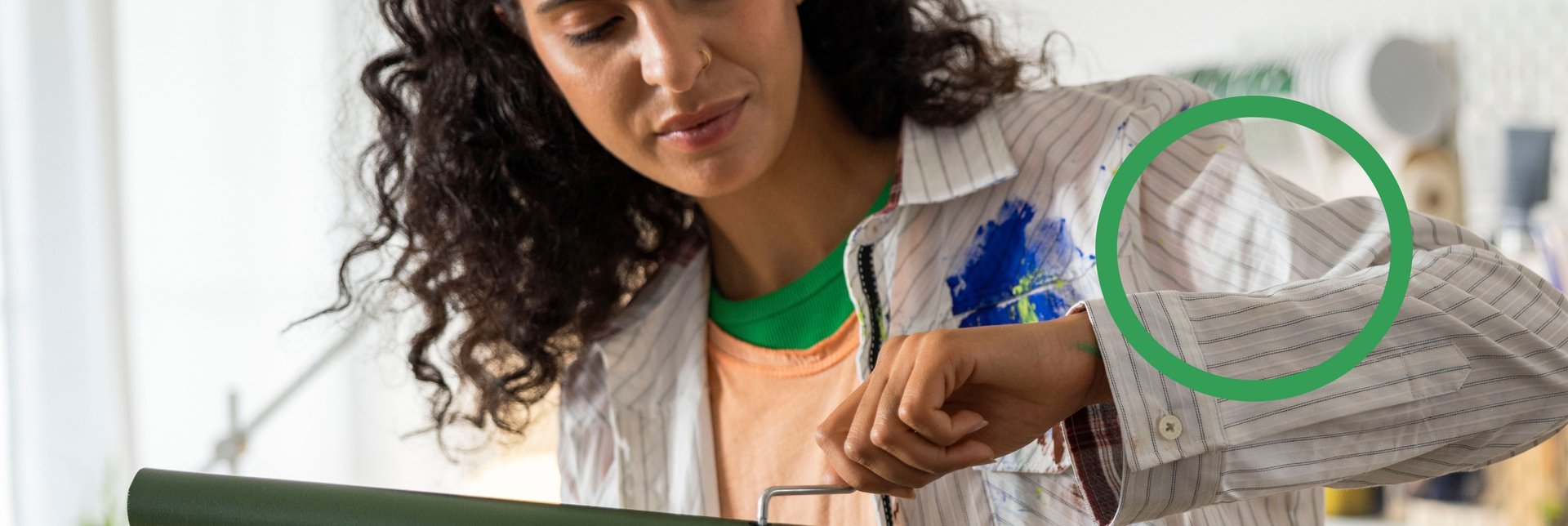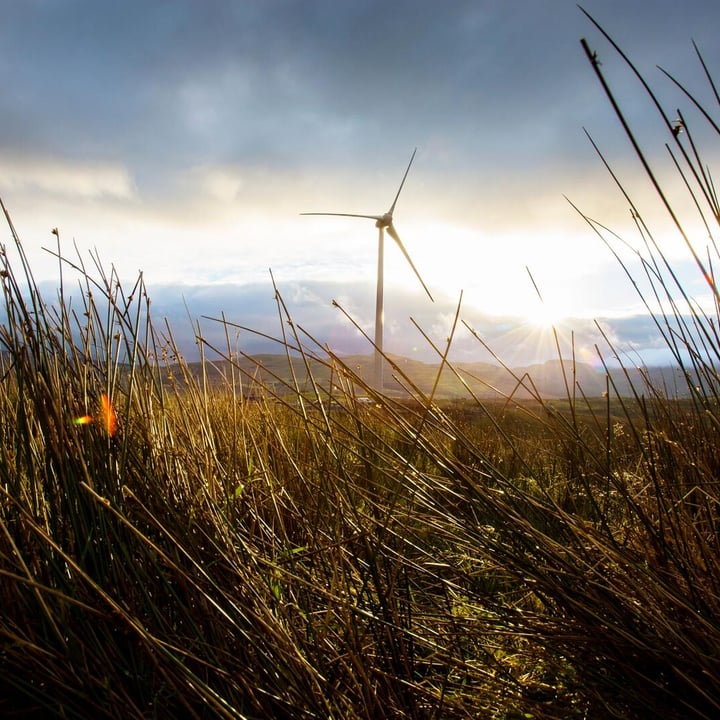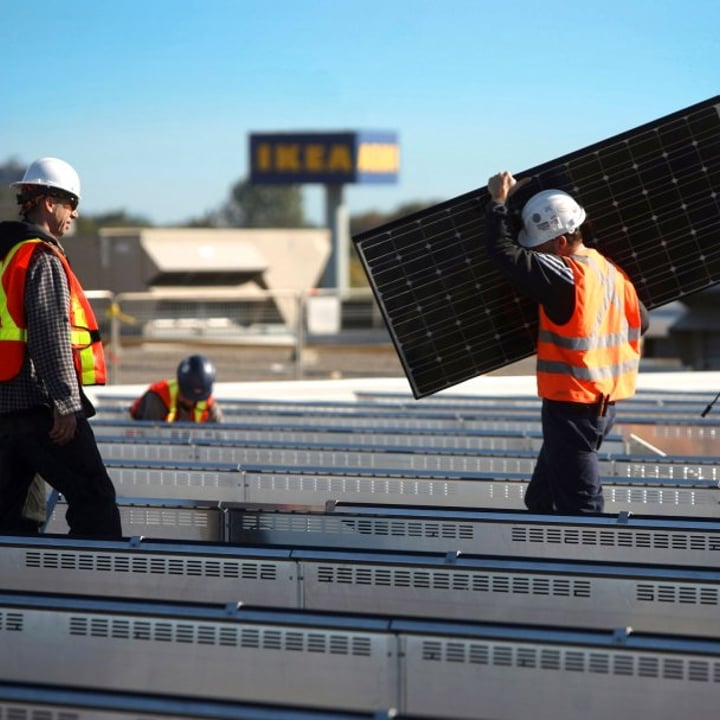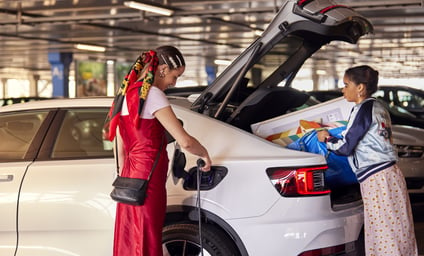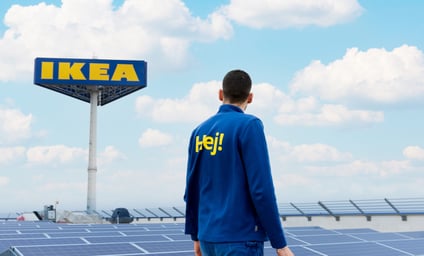We have reduced emissions from our operations by 62.5% since FY16 by switching to renewable electricity in all but two of our markets, improving energy efficiency in our buildings and installing renewable heating and cooling systems. The closure of our retail business in Russia also contributed to emissions reductions since this accounted for 12.6% of our non-renewable energy consumption in FY16.
Our operational emissions category includes scope 1 and 2 emissions as well as scope 3 emissions closely connected to our operations such as operational waste and the emissions associated with producing and distributing the energy we buy (scope 3 categories 3, 5, 8 and 13). We also have an SBTi approved target for scope 1 and 2 emissions.
